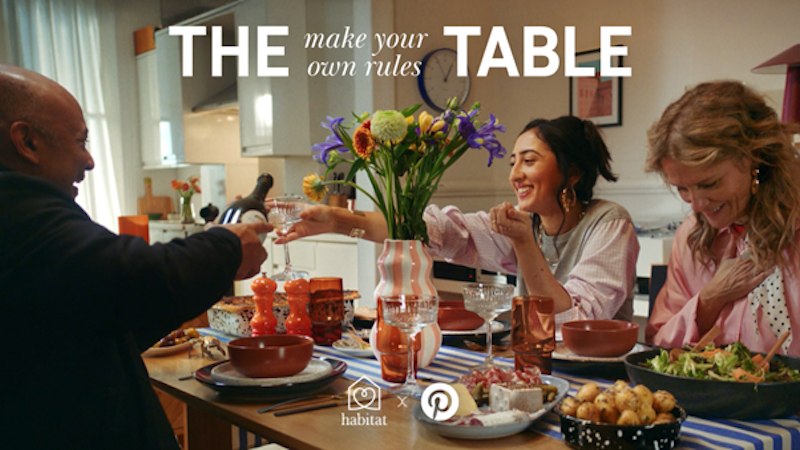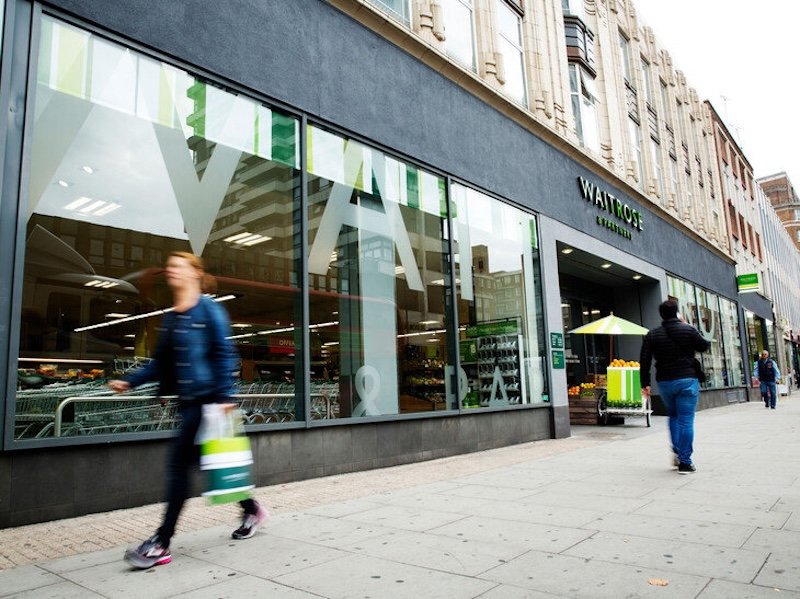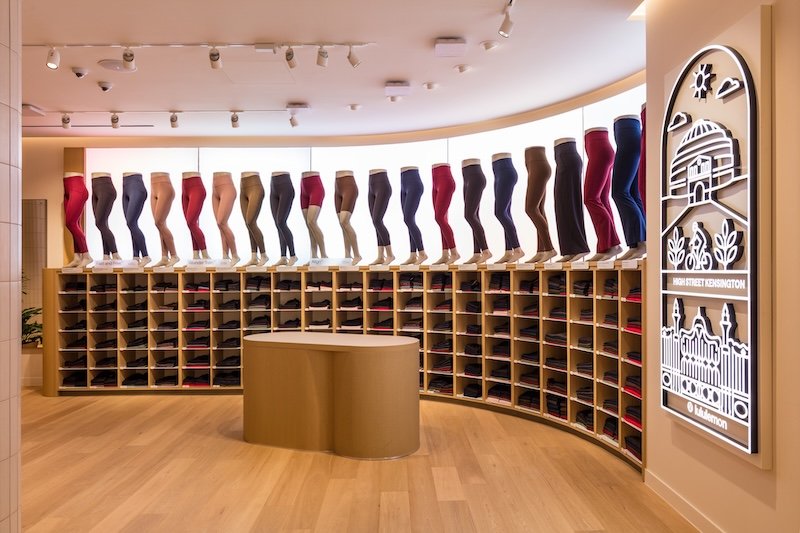Five retail technology questions for Emma Sahota, Managing Director at Astound Commerce UK
RTIH asks major players in the retail technology space for their thoughts on the sector, and throws in a random question to keep them on their toes. This time around, our five questions go to Emma Sahota, Managing Director at Astound Commerce UK.
RTIH: Looking at the hottest retail technologies right now, check-out free stores, rapid delivery services, the metaverse and NFTs, automation and robotics, which ones stand out to you, and for what reason?
ES: Automation and robotics are not a fad. Rather they are impactful and represent the future of business.
I saw the real everyday positive impact of these two technologies in grocery and FMCG at Shoptalk in Barcelona in May.
Marks and Spencer showcased the power of marketing automation to harness the goldmine of customer insights from its Sparks loyalty card data to interpret the most valuable personalised service it should offer to each customer.
Similarly, another recent application has seen retail outlier and innovator, Amazon, deploy 750,000 mobile robots across 300 of its US sites to improve the customer and employee experience, and it has also launched a Mechatronics and Robotics Apprenticeship Programme to re-train people in these high demand fields.
And, let’s face it, where Amazon leads, most retailers eventually follow.
RTIH: Which retail technology trend is overrated in your opinion?
ES: The metaverse has a loud chorus of sceptics as of late, with many already coining it the ‘Meh’-taverse. I wouldn’t characterise it as an overrated technology trend, but I would urge brands to take a measured and strategic approach.
Whilst digital is foremost in crafting compelling shopping journeys, anything that dehumanises retail experiences is not truly a viable vision of the future, so a strong focus on personalisation and the human element is needed.
RTIH: What are the top five retail tech Twitter/LinkedIn accounts you can’t do without, and why?
ES: Deborah Weinswig, the powerhouse CEO and Founder of Coresight Research, who has her eye firmly on the intersection of retail and technology.
The Future Laboratory for its unique blend of trend forecasting, consumer insight, brand strategy and innovation.
Helen Dickinson, CEO of the British Retail Consortium, who is (unsurprisingly) a passionate advocate for the industry and whose LinkedIn provides a constant stream of fantastic content for retailers and technology providers alike.
Theo Paphitis, whose Retail Group brands Astound Commerce has partnered with extensively. He writes a monthly newsletter via LinkedIn and, as you might expect from a successful retail magnate, is never shy of sharing his opinions and words of wisdom.
Mary Portas, a woman who isn’t afraid of stepping into the limelight and is no stranger to transformative change herself. Her mission to combine commerci al smarts with social progress, beauty and joy resonates with me because who wouldn’t want more of that in their lives.
RTIH: If you could have a dinner party with any five retail pioneers, dead or alive, who would they be and why?
ES: Jaqueline Gold, the female founder of Ann Summers. On taking a male dominated sector and not only making it accessible for women, but also creating a groundbreaking offering for female financial independence.
Margaret Thatcher, to share learnings from her early beginnings as a Grantham grocer’s daughter and rise to Prime Minister, who controversially lifted Sunday trading restrictions which transformed retailers’ operations.
Performer, entrepreneur and founder of Fenty Skin, Fenty Beauty & Savage x Fenty, Rhianna. She embodies next level inclusivity across body types, sexual orientation and degrees of ableness.
Anita Roddick, the Bodyshop founder and pioneer of social responsibility, with whose products I grew up on and led the way for cruelty free cosmetics.
Lastly, Dame Vivienne Westwood, who used her platform for positive activism and was just an all-round disruptive innovator.
RTIH: What was your very first job – and how has it impacted how you approach your role today?
ES: My very first job was a paper round at 12 years old and I'm grateful for that experience every single day.
It taught me discipline - to plan my evenings, getting homework done, clothes laid out and ready etc, to accommodate my early starts - and tenacity - to show up no matter the weather, because you had a job to do that other people were depending on you for.
And finally, it taught me to appreciate and enjoy my own company and solo work because, other than the milkman and a few cats, it was just me up and out, mapping my route and finding shortcuts and soaking up the sunrise every single day.















Continue reading…